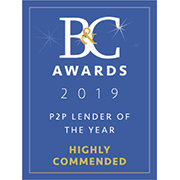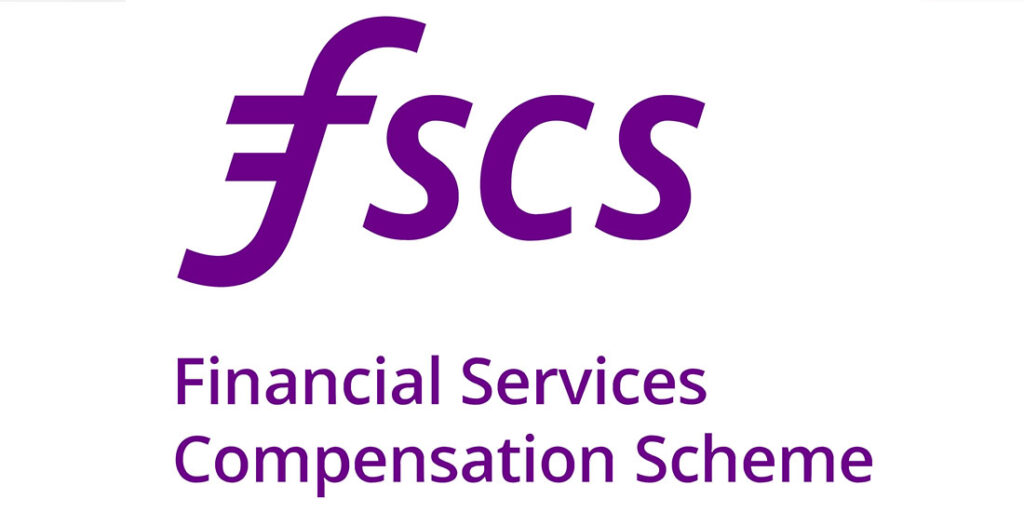
From Big Banks to Bigger Potential: Kuflink CFO Tim Spurr
In decades gone by, banks enjoyed almost a total monopoly over financial services and the general public would rarely have considered looking elsewhere.
Today, reports show that two thirds of people use financial products from a provider other than their main bank, and it’s not just consumers that are being drawn in by the bright lights of Fintech – some of the banking industry’s most respected professionals are leaving the incumbents.
Kuflink’s Chief Financial Officer Tim Spurr, former Financial Director at Barclaycard, explores how the two worlds compare…
Banks are not focused on solutions
When we place our money in a bank, we expect to be able to withdraw it in full whenever we need and, in 99% of cases, that’s a service banks really deliver on. They’re able to provide that so reliably because they’re obsessive about risk. It’s the first and last thing they think about.
Banks over-optimise and over-engineer their systems and processes to mitigate risk, even if that means that changing anything or implementing new solutions is a process that drags out over months or years. Sometimes, finding an iron-clad solution takes so long that they miss the mark altogether and customers lose out on innovation – or they did, until Fintech came along.
Getting things done
For the most part, Fintechs aren’t challenging the incumbents on a product front but we are targeting the same customer base. And we’re much, much faster at finding workable solutions that can be delivered in real-time. Risk still sits at the heart of what we do and it’s essential that we keep our customer’s money safe, but our agility means we can respond to challenges as and when they arrive. There is no need for Fintechs to delay our innovations while we obsess over ‘what- ifs’, as tweaking our processes isn’t the year-long ordeal that it can be for banks.
It’s not a competition, it’s a partnership opportunity
Peer to peer lending disintermediates the banks and opens up the market, but it can’t substitute all the functions of a bank. Even if it could, challengers should expect the majority of people to continue banking with the trusted oligopoly whilst dipping in and out of Fintech. Solutions that deliver the best of both worlds are definitely possible; many of the products we have already adopted into our everyday lives fit neatly alongside a bank’s core systems without encroaching on their principles. The best part of these new ideas are the choice, variety and novelty they bring. We need to be clear that we aren’t here to replace the system – we’re here to expand it, disrupt it, and finesse it.
We have to make sure our investments in growth pay off
Like most other start-ups, we’ve been in an exciting phase of growth since we launched. There’s a keen market for both our loans and investment opportunities, and we’re regularly adding new products to the table. Going forward, our focus will be on working in a scalable, sustainable manner and ensuring that our unit economics deliver affordable operations at our full capacity. That’s where the teams’ vast experience in property and finance will shine through, as we have the right in-house knowledge to drive long-term success. All Fintechs start out with a great idea and Kuflink is no different, although our extensive and varied backgrounds are what give the company so much potential and make it such an exciting thing to be a part of.













